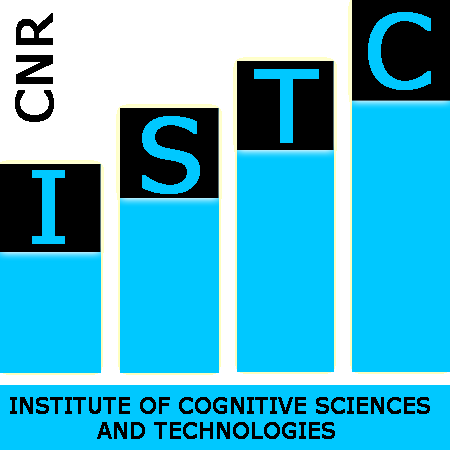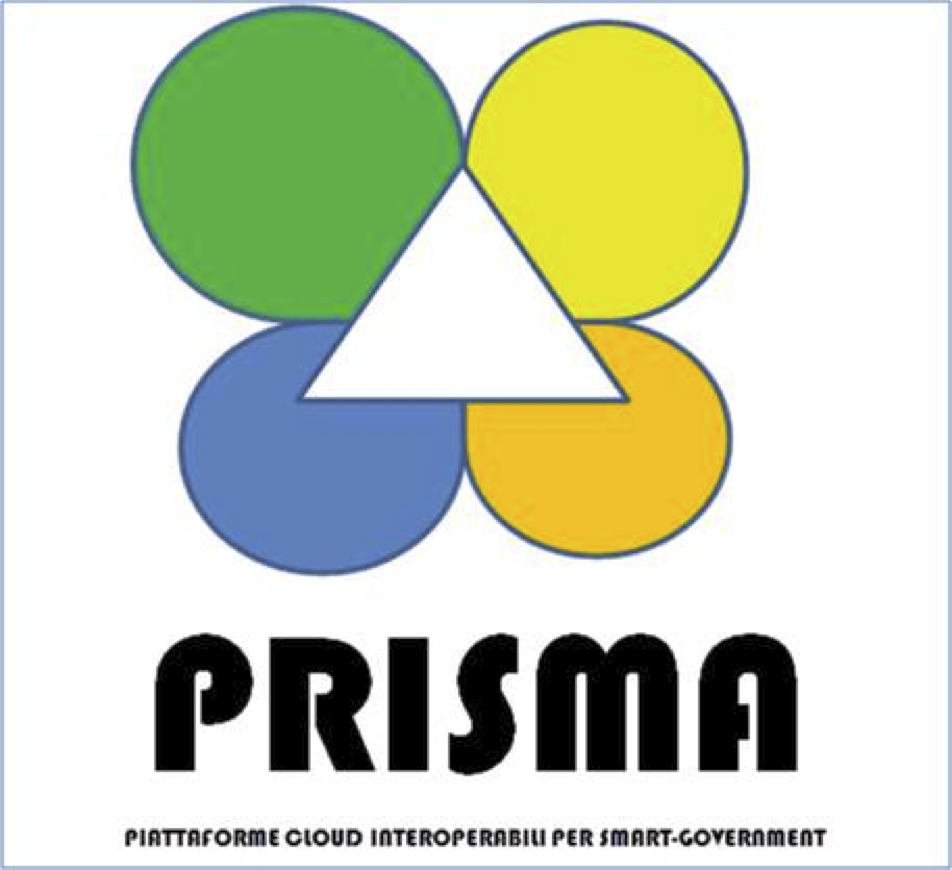What is RelNet?RelNet is a novel Web tool developed by ISTC/STLab used to align a user-supplied property to existing Semantic Web properties retrieved from different vocabulary repositories. As a large number of vocabularies exist in the growing Linked Data Web, most forming a core of Semantic Web standards de jure (SKOS, Dublin Core, FRBR, ...) or de facto (FOAF, Event Ontology, ...), the re-use, refinment or extension of existing resources of vocabularies over the Semantic Web remain a difficult task to users. While powerful tools have been already developed to disambiguate English words, like WordNet, or verbs, like VerbNet, nothing exist specialized to Semantic relations or properties. The aim of RelNet is to provide easy access to this ecosystem of vocabularies in search of a specific property supplied by the user, providing metrics on how the matching properties are used in the Linked Data cloud, helping to improve their understanding, visibility and usability, and overall quality. Aligned properties from the Semantic Web are retrieved, to date, from three different sources:
REST APIRelNet is available as REST based Web service.
i.e. ~$ curl -G -X GET [...] URL
i.e. ~$ curl -G -X GET -H "Accept: application/rdf+json" [...] URL
i.e. ~$ curl -G -X GET -H "Accept: application/rdf+json" --data-urlencode "property=productOf" [...] URL |






